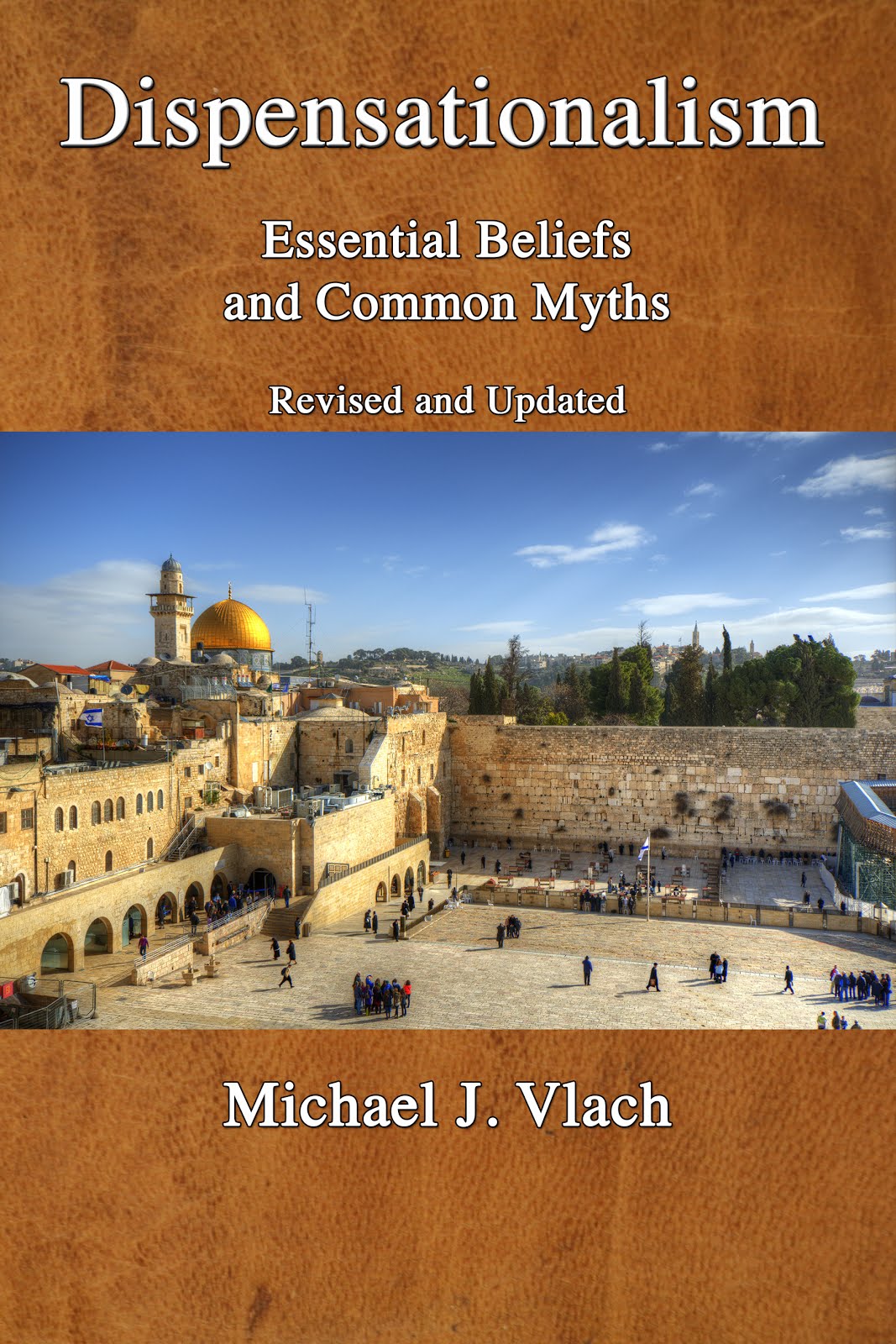An Important Primer on Dispensationalism

Concerning dispensationalism, I have tried to set the record straight by blogging on Beliefs that DON’T Define Dispensationalism and beliefs which all dispensationalists hold to.
In keeping with that theme, (and because I know it may be of interest to some), I want to write a brief review of a primer on dispensationalism by Dr. Mike Vlach, entitled Dispensationalism: Essential Beliefs and Common Myths. I have really enjoyed this work, and it was just updated this past March (the previous edition is dated 2008). The updated version includes some additional material, including a significant discussion on the differences between dispensationalism and covenant theology (Chapter 5). What follows is a brief review, and I hope it will be helpful.
The biggest complement that I can give the book is that it is easy to read. Both times I read it (2012 and 2017) I read it through in one sitting. It is short and concise, which is a mark of its well-written nature. It will not waste your time. Rather, it will give the reader an important foundation for understanding dispensationalism.
The outline of the book is as follows:
- Chapter one deals with the history of dispensationalism.
- Chapter two talks about the beliefs that are essential to dispensationalism.
- Chapter three addresses common myths concerning dispensationalism.
- Chapter four talks about the concepts of continuity and discontinuity and how they relate to dispensationalism.
- Chapter five talks about the key differences between dispensationalists and covenant theologians. Chapter six addresses common questions about dispensationalists.
Mike Vlach states in the introduction that he does not want this book to be viewed as an encyclopedia about dispensationalism. Rather, he aims this book as a “fast facts” reference about dispensationalism. I think he has ably accomplished his purpose. The book is very well organized, and easy to reference. Plus, I would add that Mike Vlach is somewhat of an authority on dispensationalism, having written quite a lot on the topic, and having partaken in conferences on the subject. So the reader is not getting “crazy” dispensationalism, but an academically respectable presentation of dispensationalism.
I had the privilege to having Mike Vlach as a professor for a couple classes, and one of his best qualities is that he is very logical and thorough in his presentations. His writing is no exception. This primer on dispensationalism ought to be the starting point for those interested in the subject as it represents a well-thought out viewpoint of dispensationalism.